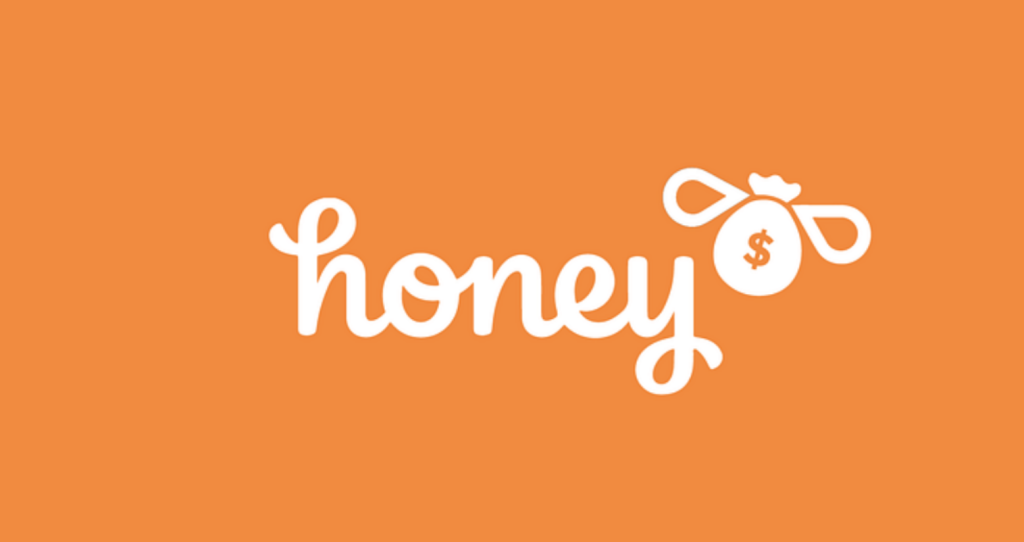
The Honey browser extension, developed by PayPal, is designed to help users find and apply discount coupons while shopping on certain websites. This coupon feature has led to widespread adoption among users seeking better deals.
However, Honey has been found to engage in deceptive practices. Regardless of whether a user arrives at a website through Honey, the extension hijacks user traffic by inserting its own affiliate links at checkout.
For instance, if Website A promotes a product through a key opinion leader (KOL), the original affiliate link accompanying the KOL’s promotional link should rightfully credit the KOL. However, if the user has Honey installed, the extension modifies the link, replacing it with its own, thereby diverting affiliate commissions to Honey.
In essence, Honey illicitly seizes advertising revenue meant for the KOL, without contributing to Website A or obtaining user consent—an action that is unequivocally fraudulent.
Recently, Google updated its Chrome ad extension policies, explicitly prohibiting such behavior:
“Affiliate links, codes, or cookies must only be included when the extension provides a direct and transparent user benefit related to the extension’s core functionality. It is not permitted to inject affiliate links without related user action and without providing a tangible benefit to users.
Some common violations include:
Inserting affiliate links when no discount, cashback, or donation is provided.
An extension that continuously injects affiliate links in the background without related user action.”
A YouTube video by MegaLag, which first exposed Honey’s traffic-hijacking practices in January, has already amassed over 17 million views. However, MegaLag noted that the second part of his investigation, initially scheduled for release weeks ago, has been delayed due to behind-the-scenes developments—most of which he is currently unable to disclose.
MegaLag’s remarks suggest he may be facing external pressure. It remains unclear whether PayPal has reached out to the creator or attempted to suppress further revelations about Honey’s exploitative traffic hijacking.


